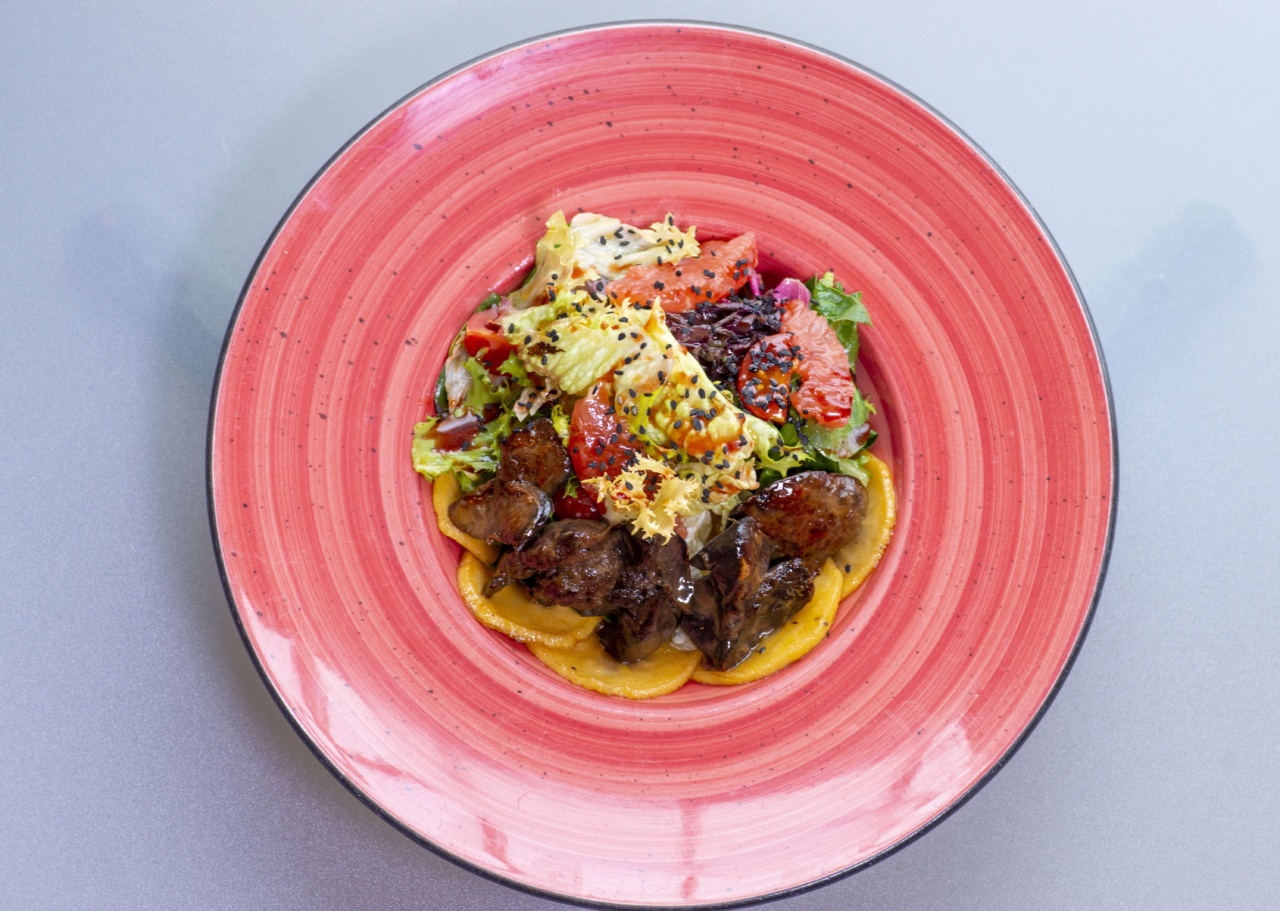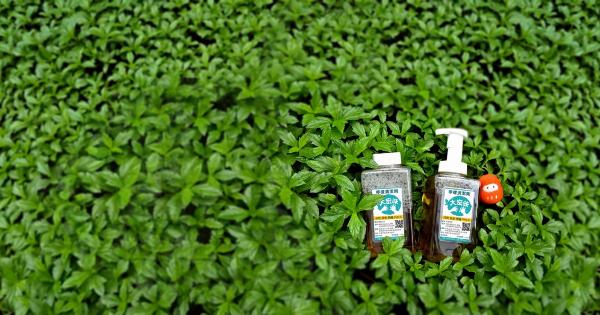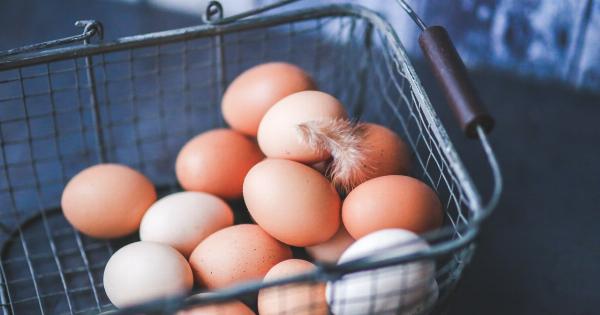Cholesterol is a fatty substance produced by the liver and found in certain foods, such as meat, eggs, and dairy products.
While our body needs some cholesterol for healthy functioning, high levels of cholesterol in the blood can lead to various health issues, including heart disease and stroke.
Fortunately, there are several natural ways to lower cholesterol levels, including incorporating vegetable liver into your diet.
Vegetable liver, also known as plant-based liver, is an excellent alternative to animal liver and can provide numerous health benefits. In this article, we will explore how vegetable liver can help you lower cholesterol naturally.
What is Vegetable Liver?
Vegetable liver is a plant-based substitute for animal liver, commonly made from a combination of vegetables, grains, legumes, and herbs. It is a versatile ingredient that can be used in various dishes, such as stir-fries, stews, and even as a spread.
Unlike animal liver, vegetable liver is cholesterol-free, making it an ideal choice for individuals looking to reduce their cholesterol intake.
Rich in Fiber
One of the main reasons vegetable liver is beneficial for lowering cholesterol is its high fiber content. Fiber acts as a sponge that absorbs cholesterol in the digestive system, preventing it from being absorbed into the bloodstream.
By incorporating vegetable liver into your meals, you can increase your fiber intake and promote the removal of cholesterol from your body.
Furthermore, fiber also helps to regulate blood sugar levels and improve digestion, making it an essential nutrient for overall health and well-being.
Abundant in Plant Sterols
Plant sterols, also known as phytosterols, are naturally occurring substances found in plants. They have a similar structure to cholesterol and compete with it for absorption in the intestines.
By consuming foods rich in plant sterols, like vegetable liver, you can effectively lower your cholesterol levels.
Plant sterols work by reducing the absorption of cholesterol into the bloodstream, leading to a decrease in LDL (low-density lipoprotein) cholesterol, also known as “bad” cholesterol.
Studies have shown that consuming plant sterols can lower LDL cholesterol levels by up to 15%.
Loaded with Antioxidants
Vegetable liver is also packed with antioxidants, which play a vital role in maintaining heart health and reducing cholesterol oxidation. Oxidized cholesterol is more likely to build up in the arteries, leading to a higher risk of heart disease.
Antioxidants help prevent cholesterol oxidation by neutralizing harmful free radicals in the body. Some of the antioxidants present in vegetable liver include vitamins A, C, and E, as well as selenium and zinc.
Incorporating these antioxidants into your diet can help lower cholesterol and protect your heart.
Heart-Healthy Unsaturated Fats
Unlike animal liver, which is high in saturated fats and cholesterol, vegetable liver contains heart-healthy unsaturated fats.
Unsaturated fats, particularly monounsaturated and polyunsaturated fats, have been shown to improve blood cholesterol levels and reduce the risk of heart disease.
By replacing animal liver with vegetable liver, you can significantly reduce your intake of saturated fats and cholesterol, promoting better heart health.
Some excellent sources of unsaturated fats found in vegetable liver include avocados, nuts, and olive oil.
Other Cholesterol-Lowering Foods to Combine with Vegetable Liver
While incorporating vegetable liver into your diet can help lower cholesterol naturally, combining it with other cholesterol-lowering foods can further enhance its effects. Here are some additional foods you can include in your meals:.
1. Oats
Oats are a rich source of soluble fiber, which helps reduce LDL cholesterol levels. Consuming a bowl of oatmeal for breakfast or incorporating oats into your baking recipes can be an excellent way to lower cholesterol.
2. Beans and Legumes
Beans and legumes, such as chickpeas and lentils, are high in soluble fiber and protein. Both of these nutrients contribute to reducing cholesterol levels and promoting heart health.
Adding beans and legumes to soups, salads, or as a side dish can provide numerous health benefits.
3. Nuts and Seeds
Rich in unsaturated fats, fiber, and plant sterols, nuts and seeds are an excellent addition to any cholesterol-lowering diet. Walnuts, almonds, chia seeds, and flaxseeds are particularly beneficial for heart health.
4. Fruits and Vegetables
Fruits and vegetables, especially those rich in soluble fiber and antioxidants, can have a positive impact on cholesterol levels. Apples, oranges, berries, broccoli, spinach, and kale are some examples of cholesterol-lowering produce.
5. Green Tea
Green tea is known for its antioxidant properties and can help lower LDL cholesterol levels. Enjoy a cup of green tea daily as a healthy and cholesterol-lowering beverage option.
Conclusion
Lowering cholesterol naturally is essential for maintaining optimal heart health and reducing the risk of cardiovascular diseases.
By incorporating vegetable liver into your diet, along with other cholesterol-lowering foods, you can effectively lower your cholesterol levels. Vegetable liver is rich in fiber, plant sterols, antioxidants, and heart-healthy unsaturated fats that work together to promote overall well-being.
Remember, maintaining a healthy lifestyle, including regular exercise and avoiding smoking, is also crucial for managing cholesterol levels.
Consult with your healthcare provider for personalized advice and recommendations on managing your cholesterol and overall heart health.






























